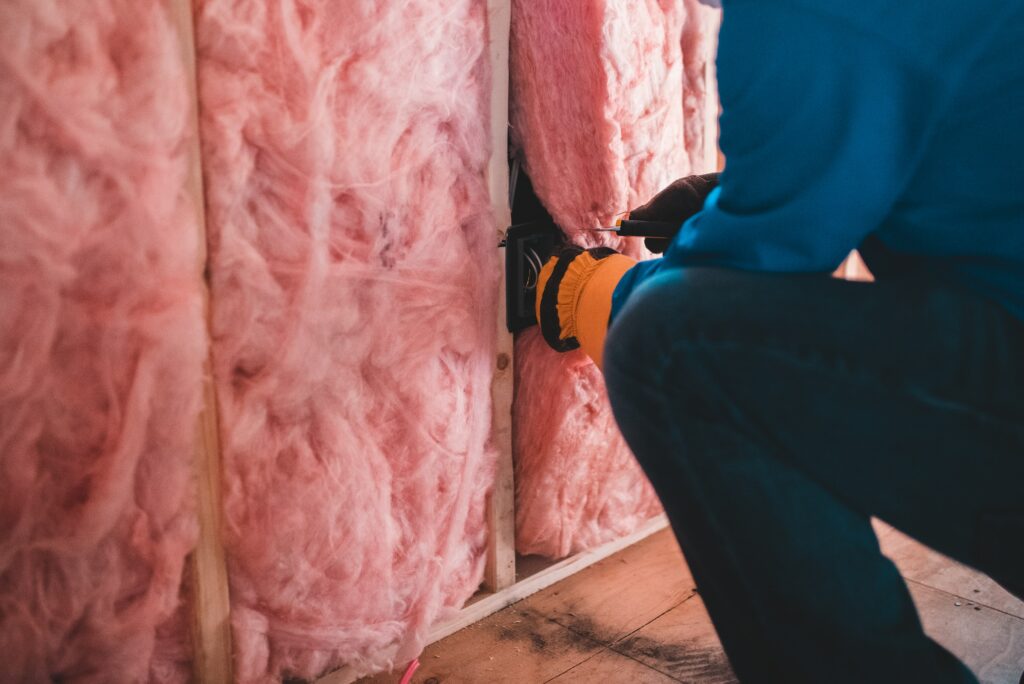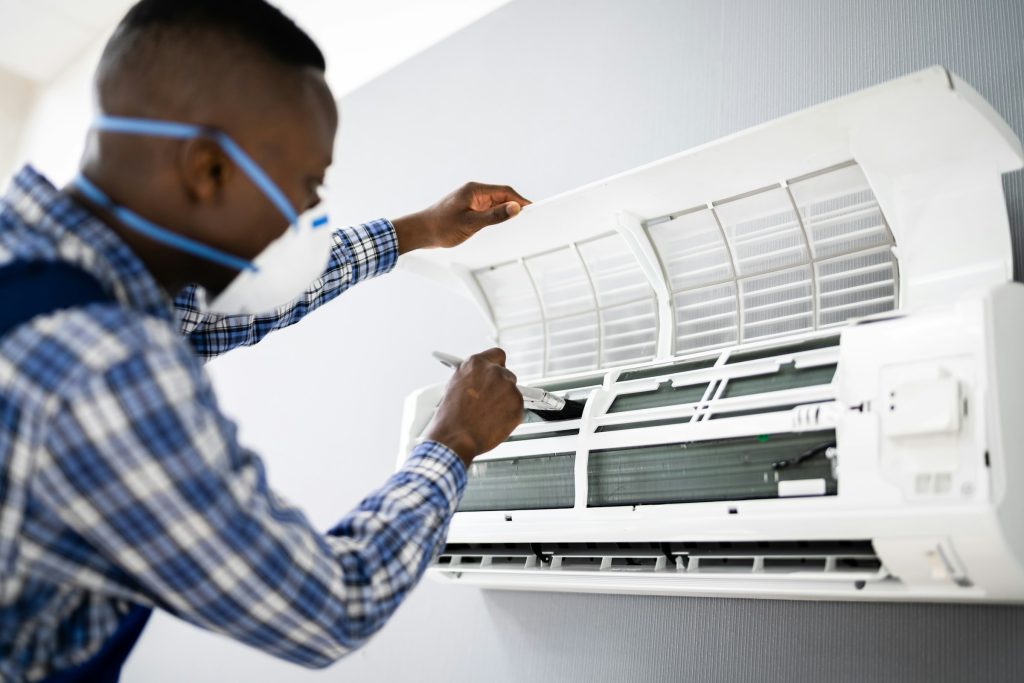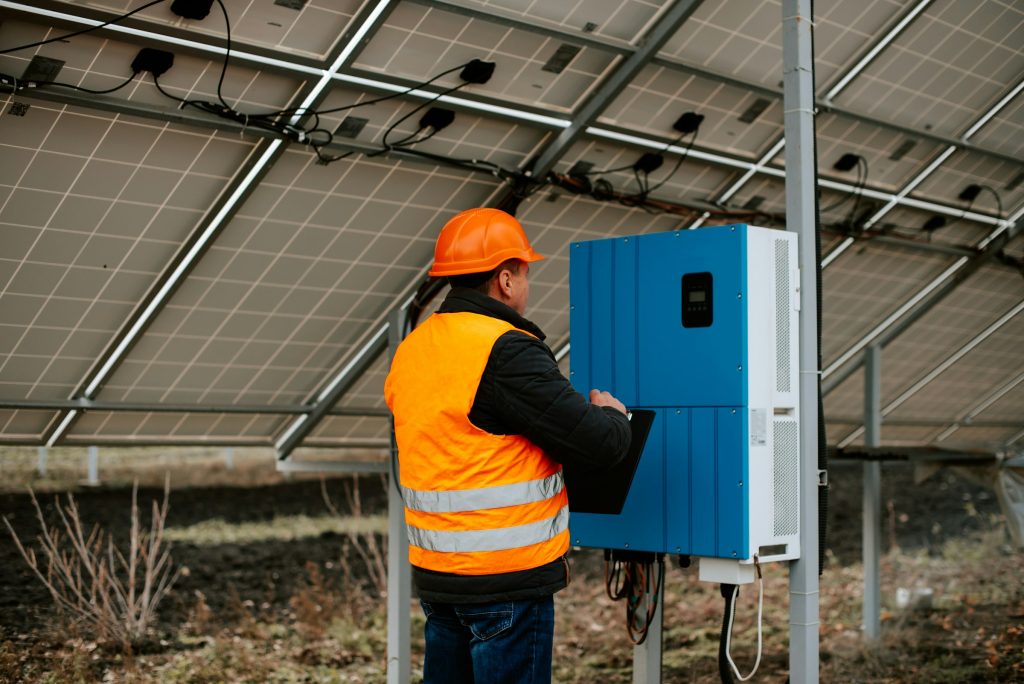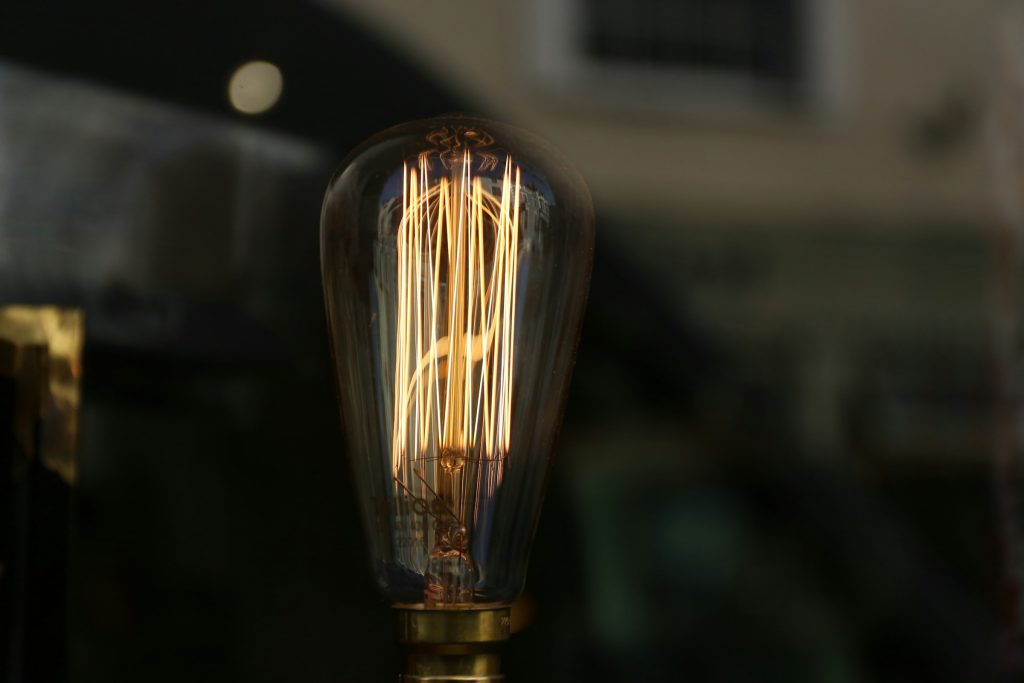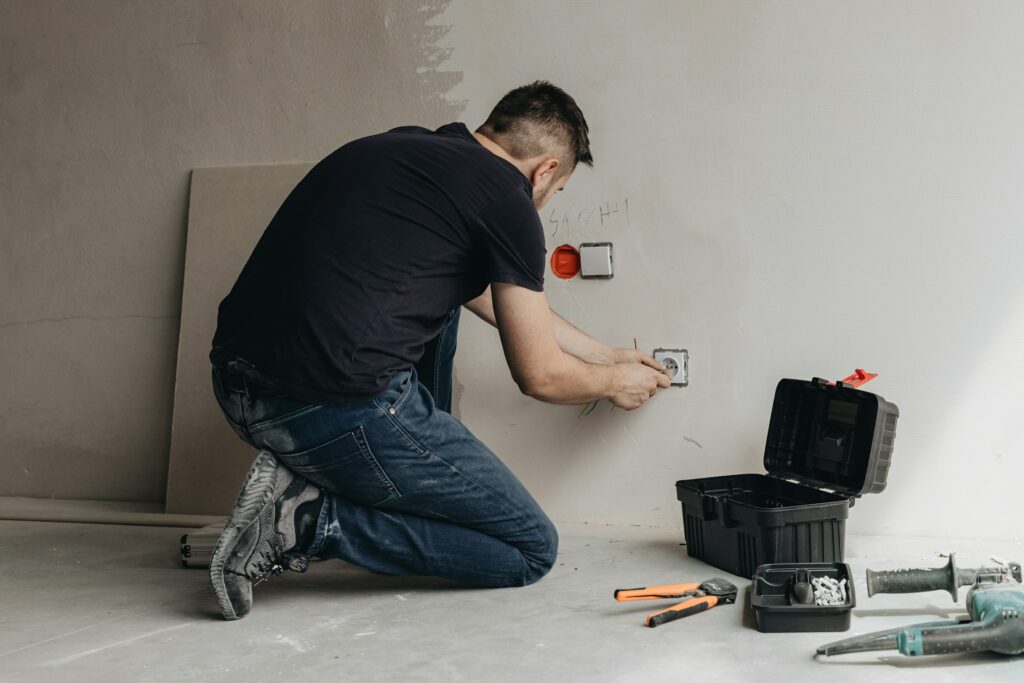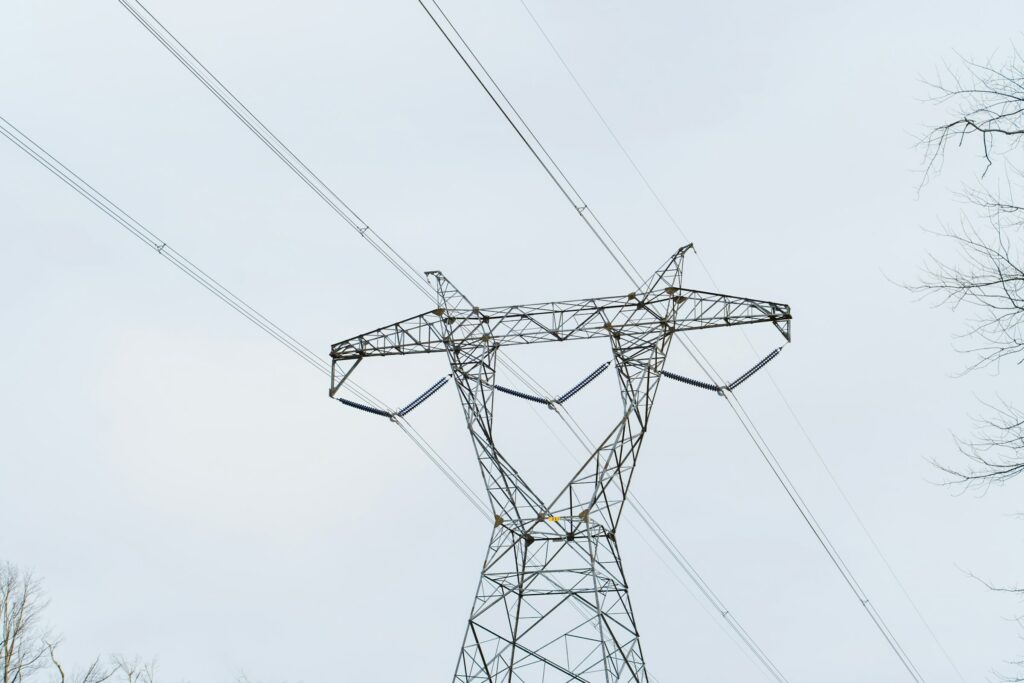Home insulation is crucial in maintaining a comfortable living environment while saving energy and reducing utility bills. Choosing suitable materials, applying insulation effectively, and performing maintenance can make a world of difference in both home comfort and finances. This article will explore the importance of insulation, the options available for homeowners, and tips on maximizing the effectiveness of these measures.

The Importance of Insulation in Homes
Insulation is a protective barrier that helps keep your home comfortable and resists heat transfer between the inside and outside spaces. Heat can easily escape without effective insulation during the colder months, making your home feel drafty and chilly. Likewise, in the warmer months, the heat from outside can penetrate your home, creating an uncomfortably warm environment. Proper insulation can reduce heating and cooling costs, limit energy usage, and ultimately contribute to a more efficient and comfortable home.
Factors Affecting Insulation Efficiency
Several factors can influence the effectiveness of insulation, including the type and quality of materials used, the application methods, and regular maintenance. Choosing high-quality, suitable insulation materials and ensuring proper installation will maximize your home’s insulation benefits.
Benefits of Proper Insulation
Effective insulation offers numerous benefits, including:
- Improved home comfort: A well-insulated home will maintain a consistent temperature, helping to prevent drafts, hot spots, and cold areas.
- Reduced energy usage: When your home is properly insulated, your heating and cooling systems won’t have to work as hard to maintain a comfortable temperature, reducing energy consumption.
- Lower utility bills: With reduced energy usage comes lower heating and cooling costs, meaning savings on your utility bills.
- Increased home value: A well-insulated home is attractive for potential home buyers, often increasing property value.
Types of Insulation Materials
Various insulation materials are available, each with its advantages and drawbacks. Some common types of insulation materials include:
- Fibreglass
- Cellulose
- Mineral wool
- Spray foam
- Rigid foam board
Homeowners should consider their specific needs, budget, and environmental factors when choosing the most suitable insulation material.
Insulating Different Areas of the Home
Effective insulation requires attention to various home areas, such as the attic, walls, and crawl spaces. Different techniques and materials may be needed for each part of the house.
Insulating the Attic
Heat naturally rises, and it will escape through the roof without proper attic insulation. Installing sufficient insulation material in the attic can greatly improve energy efficiency and reduce heat loss.
Insulating Walls
Exterior walls can be a significant source of heat transfer between the indoors and outdoors. Insulating these walls can often result in a more comfortable living area, particularly during the colder months.
Insulating Crawl Spaces
Crawl spaces, particularly those under the living area, can lead to drafts and heat loss if not adequately insulated. Sealing and insulating these spaces can improve home comfort and energy efficiency.
Maintaining and Upgrading Insulation
Regular maintenance and timely upgrades are essential to ensure the ongoing effectiveness of your home’s insulation.
The Importance of Regular Inspection and Maintenance
Examine the insulation in your attic, walls, and crawl spaces regularly to check for signs of damage or deterioration. Replacing any damaged insulation material and addressing any issues compromising its effectiveness is essential.
How can I determine if my home is properly insulated?
Signs of inadequate insulation include fluctuating indoor temperatures, drafts, and higher energy usage. You can also visually inspect your home’s insulation in the attic, walls, and crawl spaces, looking for damaged or deteriorated material. An energy audit conducted by a professional can thoroughly evaluate your home’s insulation effectiveness and recommend appropriate actions.
Signs That It’s Time to Upgrade Your Insulation
Some indications that your insulation may need an upgrade include fluctuating indoor temperatures, drafty rooms, and higher energy usage. Upgrading to more effective insulation materials or techniques can greatly improve your home’s comfort and energy efficiency.
Choosing the Best Insulation Upgrade for Your Home
Consult a professional expert to discuss your insulation situation and explore possible upgrades. A professional can help identify under-insulated areas and recommend appropriate materials and techniques.
Frequently Asked Questions:
How do I know which insulation material best suits my home?
Choosing the right insulation material depends on your home’s construction, regional climate, and budget. It is best to consult a professional insulation expert who can guide you through the various options and recommend the best solution based on your specific needs.
You can also research different materials, such as fibreglass, cellulose, mineral wool, spray foam, and rigid foam board, to get an idea of their advantages and drawbacks.
How much does upgrading my home’s insulation cost to upgrade?
The cost of upgrading insulation depends on various factors, such as the type of insulation material, the size of the insulated area, and labour costs. Materials like fibreglass and cellulose may be more affordable, while spray foam and rigid foam boards tend to be more expensive.
However, the long-term energy savings from improved insulation can often outweigh the initial investment. It is important to get quotes from different insulation contractors to find the best solution within your budget.
Can I install insulation myself or hire a professional?
Some insulation materials, such as fibreglass batts and rigid foam board, can be installed by a DIY enthusiast with the right tools and knowledge. However, proper insulation installation is vital for its effectiveness, and mistakes can lead to energy waste and home comfort issues.
Hiring a professional insulation contractor ensures the correct material is chosen, installation is done correctly, and your home achieves the maximum benefits of insulation.
Conclusion
Proper insulation plays a critical role in maintaining a comfortable and energy-efficient home. Investing in high-quality insulation materials and their regular maintenance will save money on utility bills and ensure your home remains a pleasant living space for years to come. It’s never too late to assess your home’s insulation needs and move towards a more comfortable, efficient, and valuable living environment.
